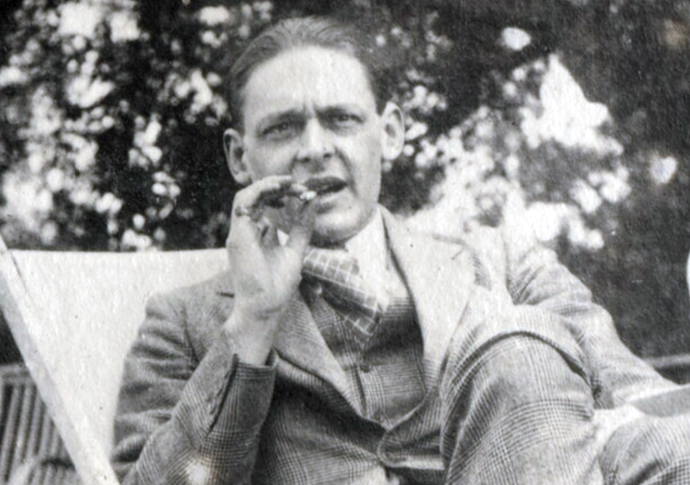John Gulliver: What is poetry?
Not enough 'significant emotion' at the T S Eliott prize at the Royal Festival Hall
Friday, 19th January — By John Gulliver

What is poetry?”
This question, put to the audience by compère Ian McMillan, hung over the TS Eliot prize readings at the Royal Festival Hall on Sunday night.
Mr McMillan’s question is foregrounded by a reading from TS Eliot’s The Wasteland.
Its formal inventiveness, so rich with allusions and references to literature and the past, is still striking some 102 years after it was penned.
It was, and always will be, a difficult act to follow.
But poets including veteran Sharon Olds, relative newcomer Joe Carrick-Varty and Jason Allen-Paisant gave it their best shot, reading from their collections that have been shortlisted for the award and its £25,000 cash prize.
There were some attempts to engage with the moment we find ourselves in. Katie Farris’s Why Write Love Poetry in a Burning World is a reflection on the value of art in the face of existential crises both personal (death) and collective (the climate crisis).
And Ishion Hutchinson’s collection School of Instructions is a haunting and virtuosic exploration of the sacrifices made by West Indian “volunteer” soldiers in British regiments during the First World War.
Joe Carrick-Varty delivered the lines from his debut collection More Sky with a percussive and deliberate intensity, punctuating his reading by taking sips of pinot noir in honour of his friend, the late poet Gboyega Odubanjo.
The hall, which seats some 2,500 people, was packed full: it was heartening to see so many people there.
The sheer numbers in attendance is perhaps evidence that in recent years, poetry has undergone a resurgence. Some put this down to the rise of the “insta-poets” like Rupi Kaur.
Originally written to fit the small white squares that make up an instagram grid, collections of Ms Kaur’s minimalist free verse have sold millions of copies since 2017.
And as waiting lists for NHS mental health support grows, penning verse has been lauded as a way to boost mental wellbeing.
For better or worse, poetry written today is often inflected with a form of therapy-speak – a mode that surfaced at times in some of the work read on Sunday night.
Mr McMillan’s question – “what is poetry?” – is one Mr Eliot himself wrestled with in his essay, Tradition and the Individual Talent.
He noted good poetry is not the expression of “sincere emotion” or even “technical excellence”, but the “expression of significant emotion – emotion that has its life in the poem and not in the history of the poet”.
As each of the 10 poets shortlisted for the prize read from their collections, I couldn’t help consider how their work measured up to Mr Eliot’s definition.
There were moments of sincere emotion, and flashes of technical excellence – but whether all of the shortlisted verse contained what Mr Eliot termed “significant emotion” – the capturing of an essential “truth” that speaks to the broader human experience – was harder to gauge.